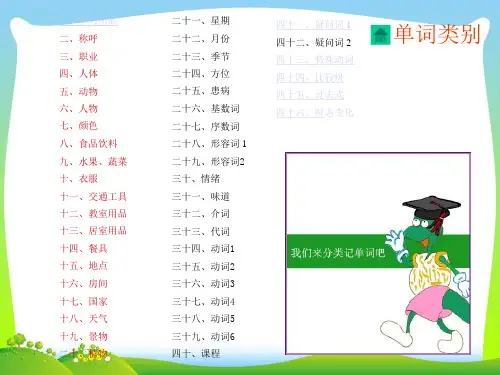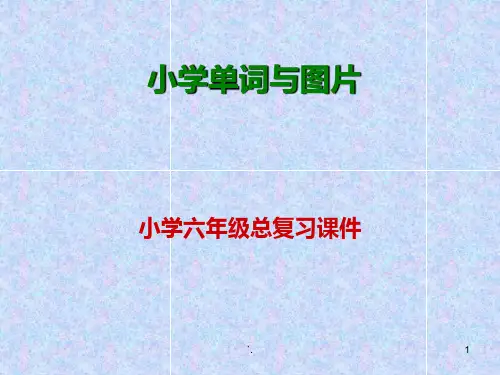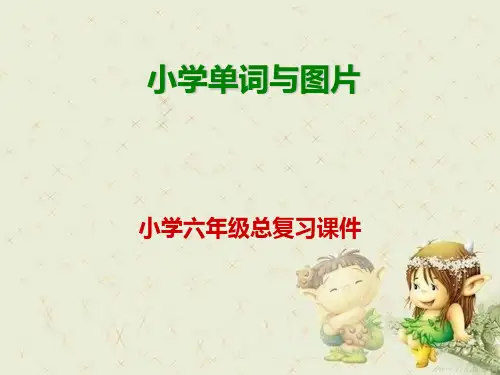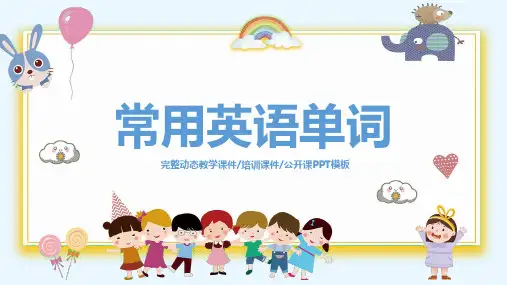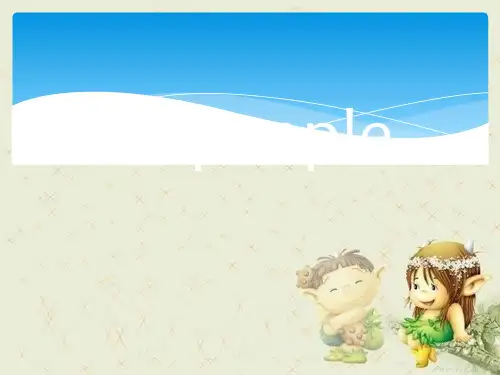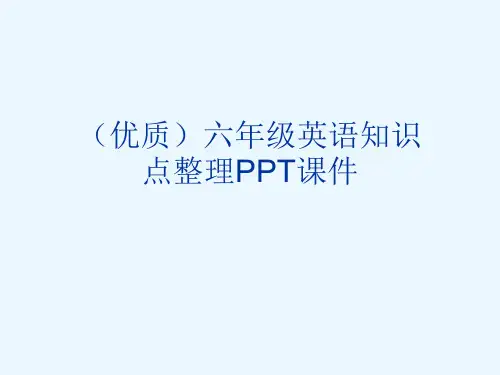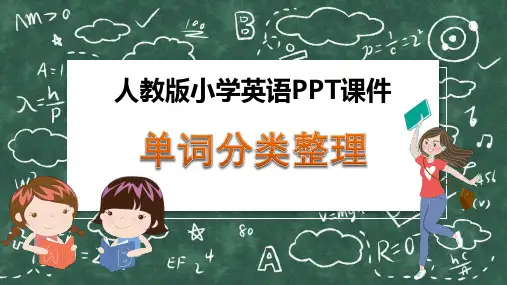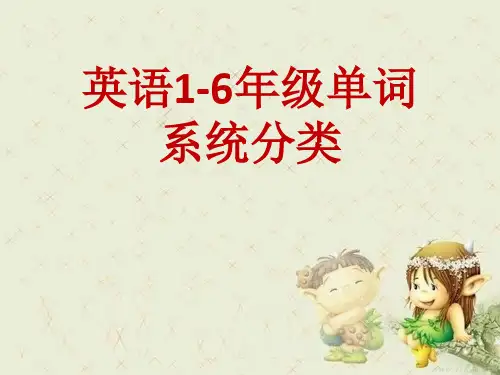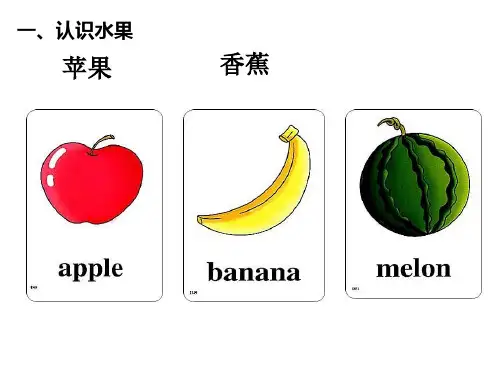you doing?
(三)一般将来时
1.概念:表示将要发生的动作或存在的状态及打算、 计划或准备做某事。句中一般有以下时间状语: tomorrow, next day(week, month, year…),soon, the day after tomorrow后天等
are. 例子:She is a teacher. They are teachers. You are a
student. I am a teacher. 3.have , has 的选择: 表示某人有某物。单数用has , 复数用have. I ,you 用 have .
例子:I have a pen. She has a pen. They have many pens.
③ 以辅音字母加y结尾的动词要改y为i再加ed(此类动 词较少)如 study – studied ,carry – carried ,worry – worried (注意play、stay不是辅音字母加y,所以不 属于此类)
④ 双写最后一个字母(此类动词较少)如 stop -stopped plan--planned
2.不规则动词(此类词并无规则,须熟记 )小学阶段要记住以下动词的原形和过去 式:sing – sang , eat – ate , see – saw , have – had , do – did , go – went , take – took , buy – bought , get – got , read – read ,fly – flew , am/is – was , are – were , say – said , make – made , swim – swam , tell – told , come – came , think-thought, drink – drank , hurt – hurt , feel – felt , put – put , fallfell.
